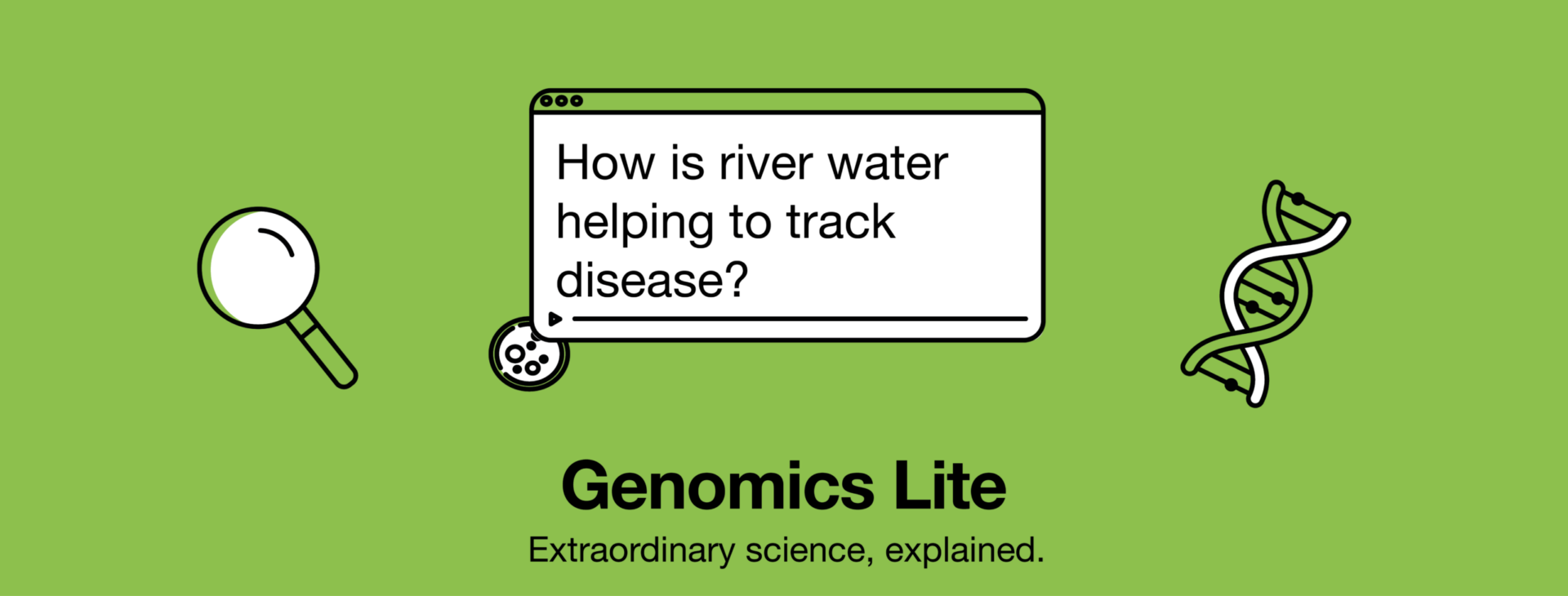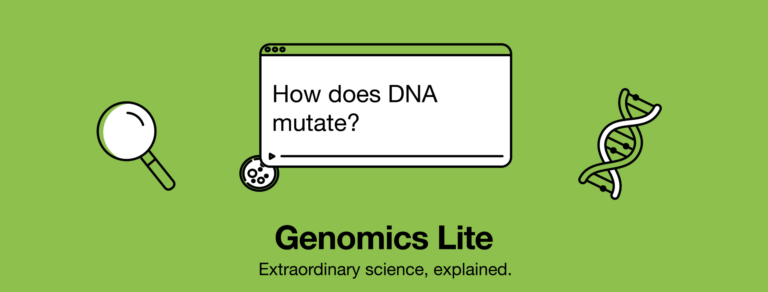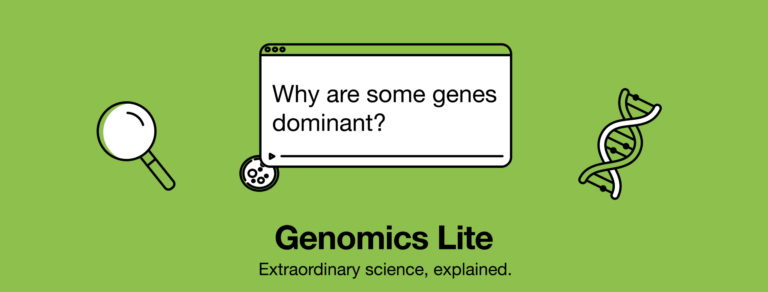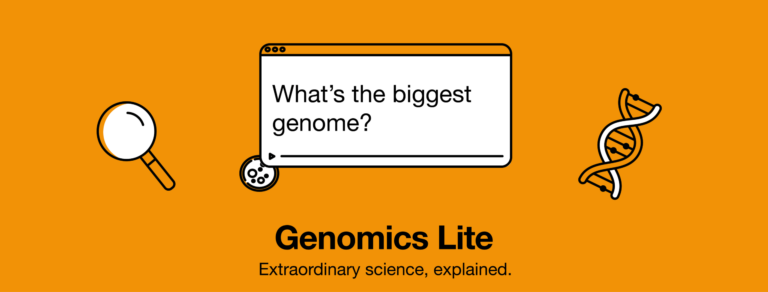Genomics Lite: How is river water helping to track disease?

Genomics Lite is a series of public webinars, in this session we explore how river water is helping us to track diseases, and the spread of antimicrobial resistance, an issue that has implications for public health.
UK rivers are polluted with diseases due to untreated sewage and waste from towns and cities. Although they might not be very inviting for a swim, they can help us to track diseases!
In this Genomics Lite session, Sam and Jack speak to staff from the Wellcome Sanger Institute about how river water is helping us to track diseases, and the spread of antimicrobial resistance, an issue that has implications for public health.
Hear about a project looking into our local river at the Wellcome Sanger Institute, the River Cam, using DNA sequencing to learn more about the river ecosystem as a whole.
About our speaker:

Dr. Onalenna Neo, Sanger Excellence Postdoctoral Fellow, Wellcome Sanger Institute
Onalenna Neo is a Sanger Excellence Postdoctoral Fellow in the Parasites and Microbes Programme at the Wellcome Sanger Institute, working with Professor Nicholas Thomson. Her research focuses on understanding the evolution and transmission dynamics of antimicrobial resistance (AMR) genes in diverse environments. She uses microbial genomics technologies to investigate how resistance genes spread and persist, providing crucial insights into the global challenge of antimicrobial resistance. Prior to joining the Sanger Institute, Onalenna completed her PhD at the University of Birmingham, where she studied the role of bacteria in colorectal cancer. Ona also holds a bachelor’s degree in Cellular and Molecular Medicine from the University of Bristol.


